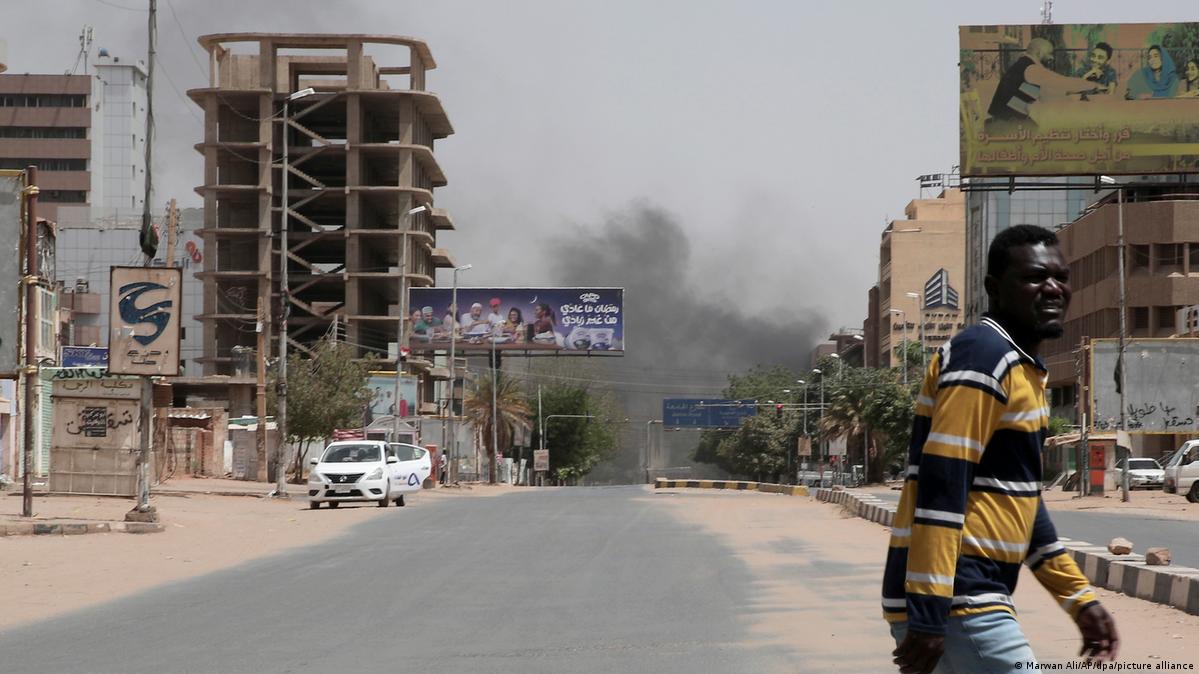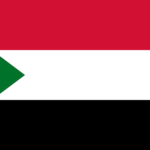Sudan is facing a political crisis that threatens to undermine its fragile transition to democracy. The crisis began on October 25, 2021, when the military dissolved the civilian-led transitional government and declared a state of emergency, arresting Prime Minister Abdalla Hamdok and other civilian leaders.
The military coup sparked widespread protests and international condemnation, as well as a suspension of Sudan’s membership in the African Union and the United Nations.
The military coup was motivated by several factors, including the economic challenges facing the country, the power struggle between the civilian and military factions of the transitional government, and the pressure from regional and international actors to implement the peace agreement signed in 2020 with various rebel groups.
The military also accused the civilian leaders of undermining the sovereignty and security of Sudan by agreeing to normalise relations with Israel and to hand over former President Omar al-Bashir to the International Criminal Court.
The political crisis in Sudan has serious implications for the country’s stability and development, as well as for regional and international peace and security. The crisis jeopardises the achievements of the 2019 revolution that toppled al-Bashir’s authoritarian regime and paved the way for a democratic transition. It also risks reigniting the civil war that has plagued Sudan for decades, as some rebel groups have vowed to resume armed resistance against the military.
Moreover, the crisis could have negative spillover effects on neighbouring countries, such as Ethiopia, South Sudan, and Egypt, which share strategic interests and security challenges with Sudan.
The international community should support the efforts of the African Union and other mediators to restore the civilian-led transitional government and to ensure respect for human rights and the rule of law in Sudan. The international community should also provide humanitarian and economic assistance to Sudan to address its urgent needs and to foster its long-term development.
Finally, the international community should encourage dialogue and cooperation among all stakeholders in Sudan to achieve a peaceful and inclusive resolution of the political crisis and to advance the democratic transition.
Baba Abdullahi Machina wrote from Machina, Yobe State

 Join Daily Trust WhatsApp Community For Quick Access To News and Happenings Around You.
Join Daily Trust WhatsApp Community For Quick Access To News and Happenings Around You.


